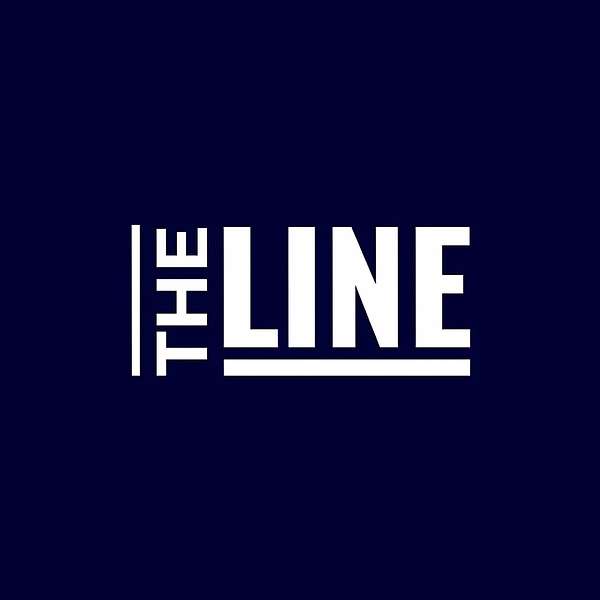
The Line
The Line is a Canadian magazine dedicated to covering local, national and international politics, news, current events and occasionally some obscure stories. Hosted by Matt Gurney and Jen Gerson.
The Line
Our politicians can't abandon Canadians to foreign attacks
In the latest episode of On The Line, Matt Gurney sits down for an unusually personal — and sometimes raw — conversation with Marcus Kolga: human rights activist, anti-corruption crusader, and a man who’s been sanctioned by both Russia and China. That wasn’t a figure of speech. He’s literally sanctioned by both regimes.
This episode of The Line Podcast is brought to you by Westinghouse. Canada’s energy future is being shaped by the choices we make today. Westinghouse is 100% Canadian-owned and brings the world’s most advanced, operational Gen III+ reactor — the AP1000® — proven, safe, efficient, and ready now. It can be brought online within a decade, delivering clean, reliable power when we need it most. Canada needs energy. Westinghouse is ready. Learn more at westinghousenuclear.com/canada.
They talk about what it’s like to become a target of foreign interference — how it happens, what it feels like, who’s behind it, and what they do. It’s not just smear campaigns and trolling. There are reputational hits, financial costs, and personal tolls. Kolga explains how the interference machine works and shares some rare good news: he’s finally getting some institutional support, and that isn't something everyone targeted can count on. But there’s a reason foreign interference rarely dominates the political conversation — both major parties would rather not talk about it. As Matt and Marcus discuss, it’s bad for the business of politics — except, of course, when you can blame the other team for doing it. Sigh.
This episode is also brought to you by the Métis Nation of Ontario. After years of denial and misinformation, an independent expert panel of Métis historians and knowledge holders has affirmed what we have always known: Métis communities in Ontario are real, resilient, and are connected to the Métis Nation. Just as the iconic Métis sash is woven by many threads, it was never just one thread that held Ontario’s historic Métis communities together. As the panel outlined, the national definition of Métis is woven just like the sash. It includes family and kinship connections, collective political action, shared culture like music, dancing and family values, and a shared way of life deeply connected to the lands and waters. The threads of historic Métis communities in Ontario are strong and have endured more than 200 years. To learn more, go to OntarioMetisFacts.com.
Later in the episode, Gregory Jack, senior vice president of public affairs at Ipsos, returns to the show with the latest polling and political insights. He and Matt talk about the (maybe?) narrowing race, the rising public demand for infrastructure development, and why it’s still so hard to get shovels in Canadian ground. Even with support, small but vocal opposition groups continue to slow things down. Greg also notes a darker turn in the campaign’s tone — as things tighten, the political attacks are getting nastier.
As always, like and subscribe at ReadTheLine.ca. You can also follow us on your favourite podcast app so you never miss an episode. Share it with a friend, post about it online, or just drop it into the group chat. You know the one.
And don’t forget: new On The Line episodes are available Tuesday mornings on audio, with the video release rolling out Tuesday evening on YouTube and across our social media channels. If you prefer to watch, stay tuned tonight — and follow us to catch the drop.
Thanks for listening. We’ll see you next week.